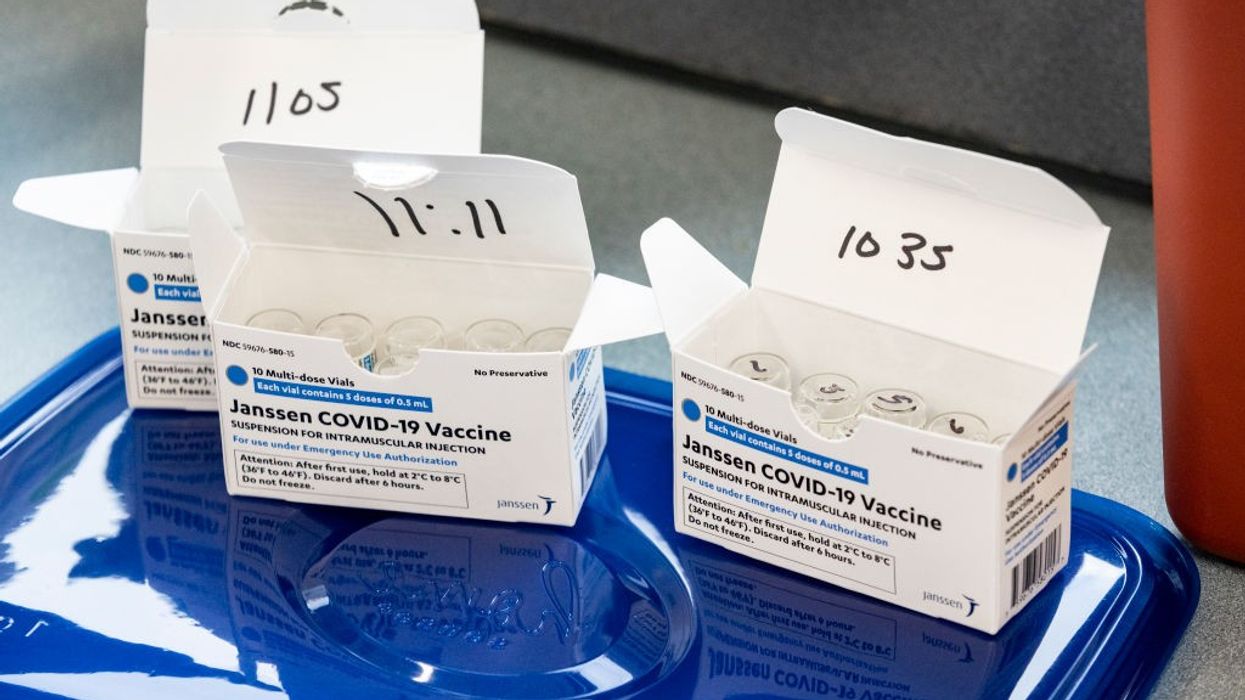A SINGLE-shot coronavirus vaccine from Johnson & Johnson is now approved for use in the UK, the Medicines and Healthcare products Regulatory Agency (MHRA) announced on Friday (28).
This is the fourth Covid jab to be approved in the country, joining Pfizer/BioNTech, the AstraZeneca jab developed with Oxford University, and the Moderna vaccine.
About 20 million doses of the single-shot vaccine have already been ordered.
Health secretary Matt Hancock said the news was a further boost to the UK’s vaccination programme.
"As Janssen is a single-dose vaccine, it will play an important role in the months to come as we redouble our efforts to encourage everyone to get their jabs and potentially begin a booster programme later this year," he said.
He added that the vaccine will play an important role in the months to come as “we redouble the efforts” to encourage everyone to get their jabs and “potentially begin a booster programme later this year.”
J&J’s vaccine is said to be 67 per cent effective at preventing moderate to severe Covid-19 and thought to be 85 per cent effective in preventing severe disease or admission to hospital. Concerns raised in the US about its link to rare blood clots had reportedly held back the regulator from early approval of the vaccine.
Britain has administered more than 62 million shots so far, mainly using the Pfizer and AstraZeneca vaccines. It has also approved the use of the Moderna vaccine.




